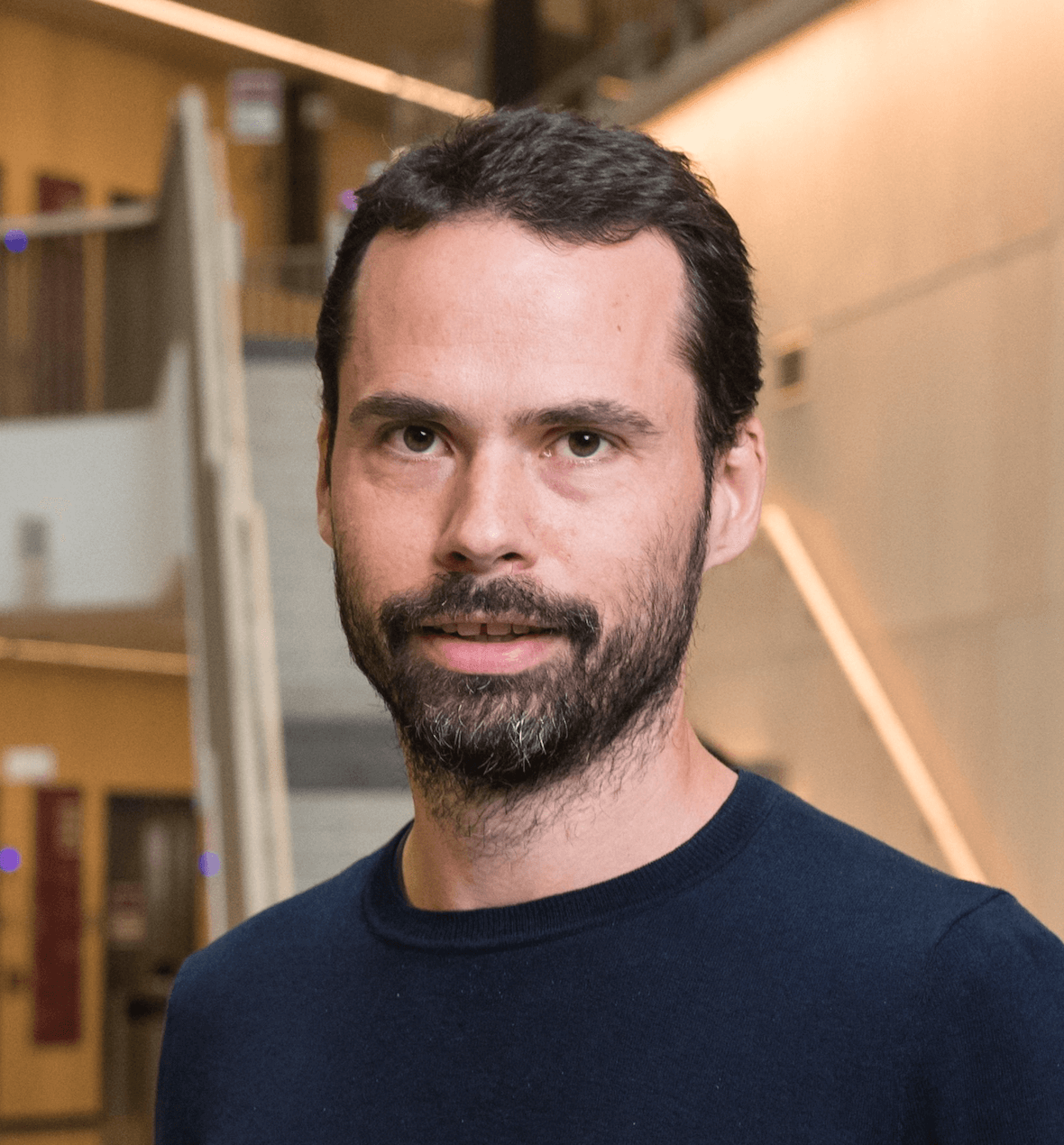Konstantinos Meletis, PhD, is a Professor of Systems Neuroscience at Karolinska Institutet. He is an expert in the study circuit organization and the role of neuron subtypes in motivated behaviors. His laboratory has developed and applied a number of methods to map circuit organization and function, ranging from advanced molecular methods to determine gene expression patterns in cells and tissue at large scale and genetically modified rabies virus to define cell-type specific connectivity, to in vivo imaging and optogenetic approaches to define the role of neurons in aversion and motivation. During his PhD studies at Karolinska Institutet, Dr. Meletis developed methods to lineage trace stem and progenitor cells in the adult nervous system and studied their response to injury. In his postdoctoral training at Massachusetts Institute of Technology, he studied the function of neuron subtypes in psychiatric disorders using mouse models and optogenetics.
Co-Investigator
Konstantinos Meletis, PhD
Karolinska Institute
Konstantinos Meletis, PhD, is a Professor of Systems Neuroscience at Karolinska Institutet. He is an expert in the study circuit organization and the role of neuron subtypes in motivated behaviors. His laboratory has developed and applied a number of methods to map circuit organization and function, ranging from advanced molecular methods to determine gene expression patterns in cells and tissue at large scale and genetically modified rabies virus to define cell-type specific connectivity, to in vivo imaging and optogenetic approaches to define the role of neurons in aversion and motivation. During his PhD studies at Karolinska Institutet, Dr. Meletis developed methods to lineage trace stem and progenitor cells in the adult nervous system and studied their response to injury. In his postdoctoral training at Massachusetts Institute of Technology, he studied the function of neuron subtypes in psychiatric disorders using mouse models and optogenetics.


